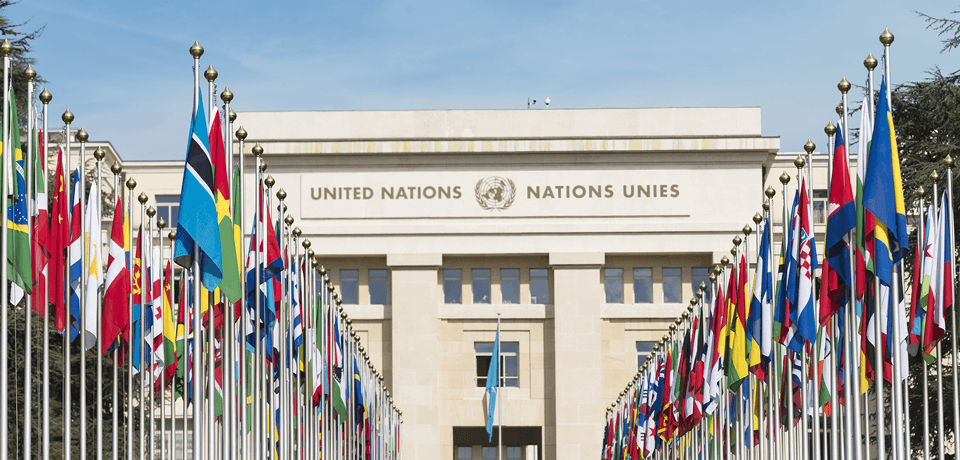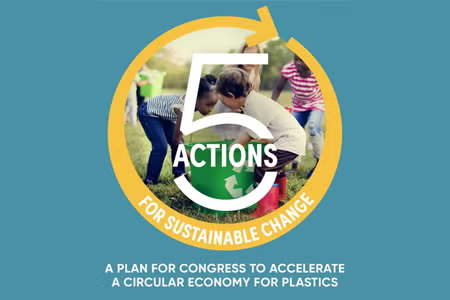
I love sports. Especially sports that focus on a ball.
Ball games force us to pay attention to one central element. Anytime we lose focus on the ball, we lose. It’s true in our relationships, our work, and our personal lives. Lose focus, lose the game.
Well, the UN Environmental Assembly (UNEA 5.2) just threw the first pitch at its meeting in Nairobi, a conference whose end game is keeping plastics out of our environment.
For the first time the international community has agreed on a framework to develop a legally binding treaty to end plastics in our environment. That’s great news. America’s plastic makers welcome the resolution because it will accelerate a circular economy in which plastics are reused instead of discarded. It’s ambitious – winning will mean the end of plastics in our environment. But we believe this is a game we all can win.
The resolution builds on our goal here in the U.S. to recycle, reuse, or recover 100% of plastic packaging by 2040. The U.S. can further set the tone for negotiations by passing 5 Actions for Sustainable Change, five simple steps Congress can take to accelerate a circular economy for plastics through a comprehensive, national strategy. Our 5 Actions call for:

- use of 30% recycled plastics in plastic packaging in the U.S. by 2030;
- accelerating advanced technologies to recycle more of the 90% of plastics that don’t get recycled;
- national recycling standards to collect more materials;
- use of scientific life cycle analyses to compare the environmental footprint of materials; and
- a mechanism to finance a modern recycling infrastructure.
And as nations deliberate over a global agreement, it’s critical to recognize the contributions of plastics to Sustainable Development Goals (SDGs). Plastics contribute directly to multiple SDGs, most notably on climate action, affordable/clean energy, and water/sanitation. Think electric vehicles, wind turbines, solar panels, water delivery, energy efficient insulation – all rely on plastics to succeed.
Frankly, the global community cannot realistically meet its climate commitments without the help of plastics.
While negotiations on a global plastics treaty have been a long time coming, these are the early innings. We urge all governments involved to focus on negotiating a treaty that leads to circular solutions that work, beginning with universal access to waste management and recycling. (Our 5 Principles for ending plastics in the environment globally provide a reasonable approach.)
We can retain the societal benefits of plastics and keep them out of our environment. That’s the end game.
Let’s keep our eye on the ball.




